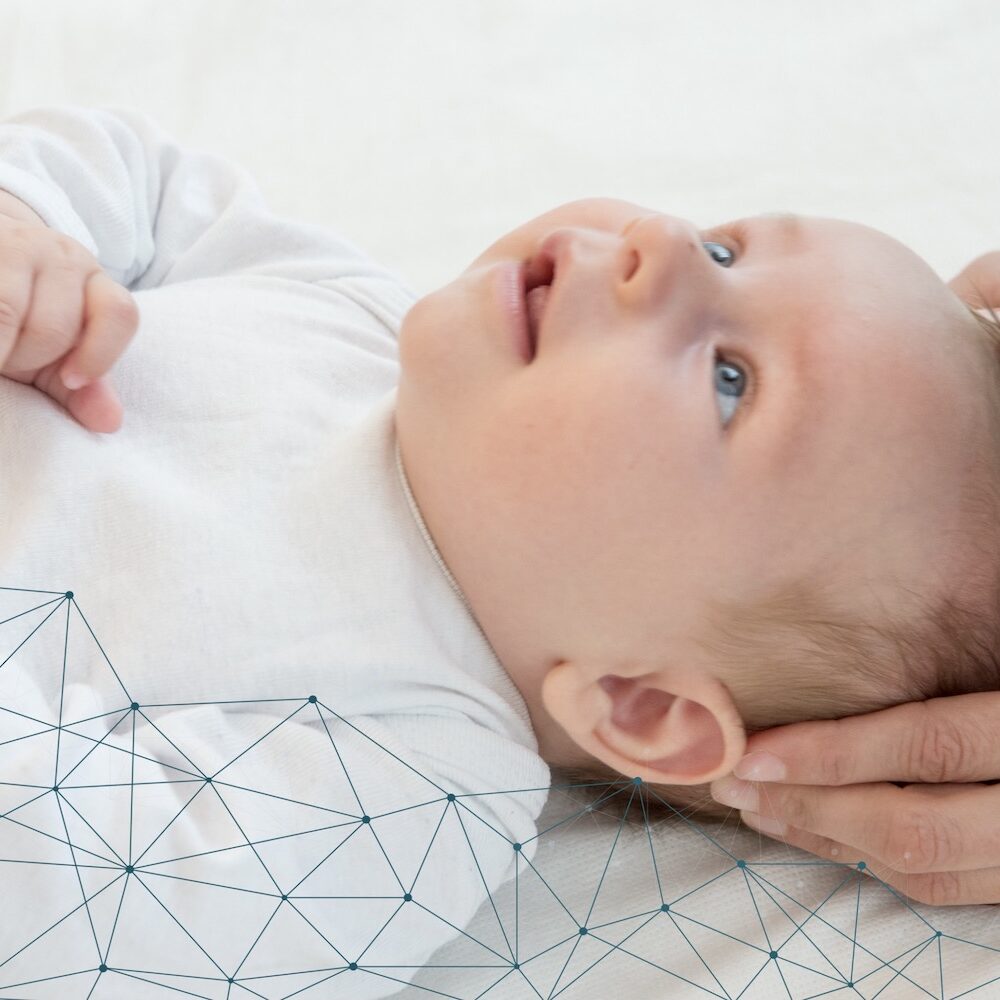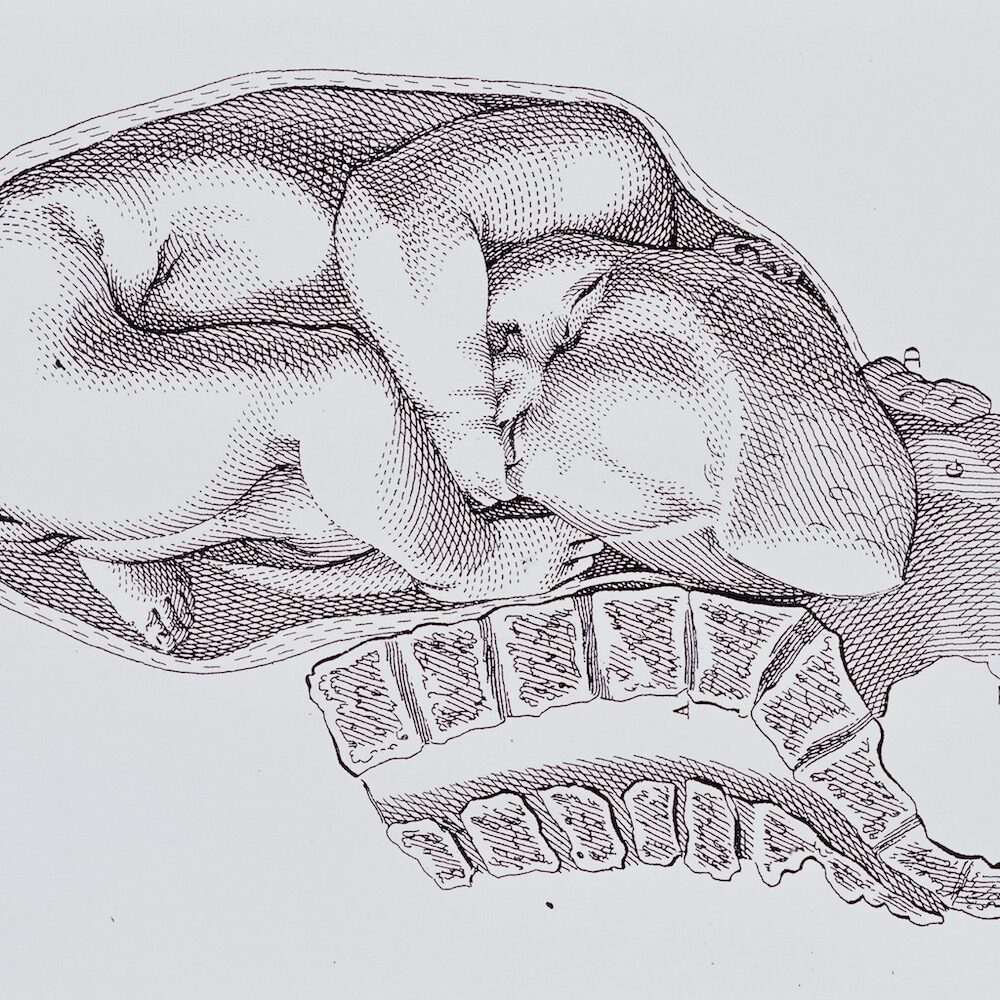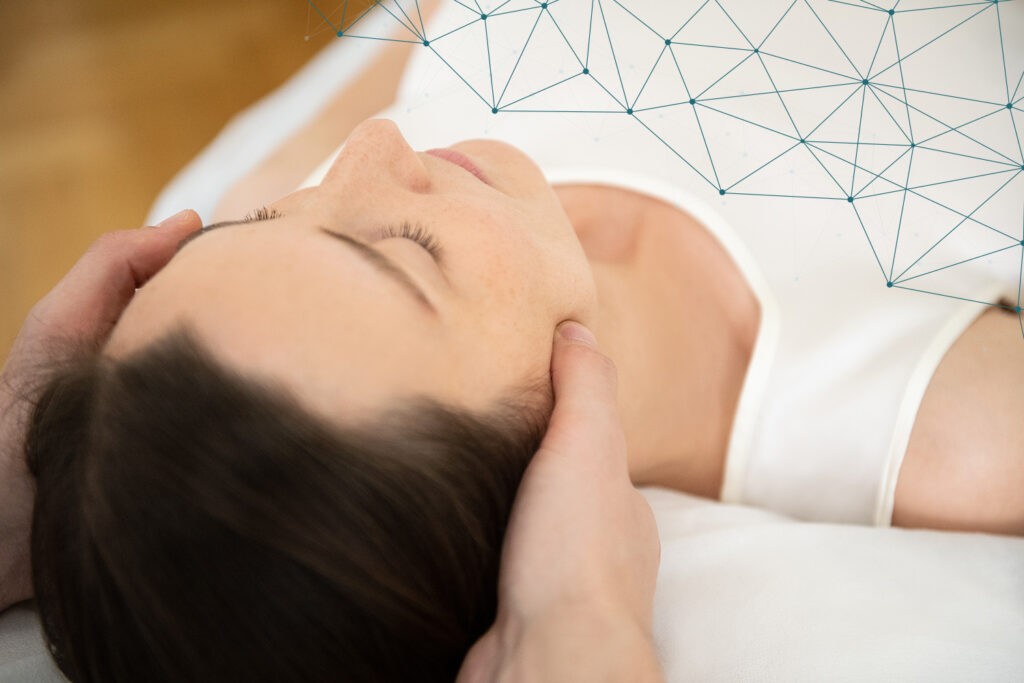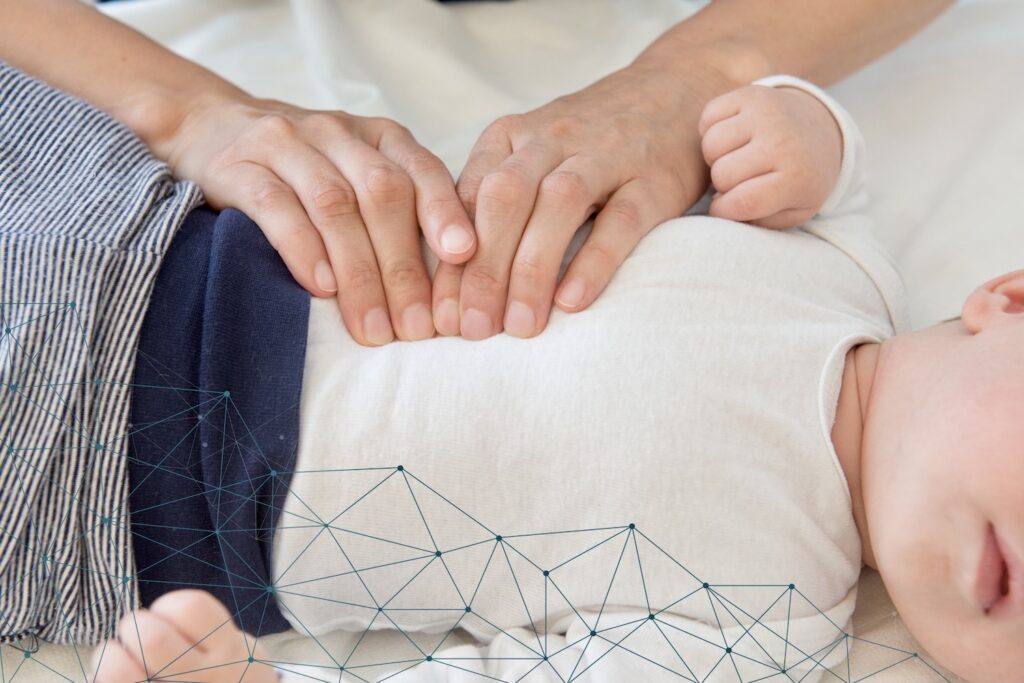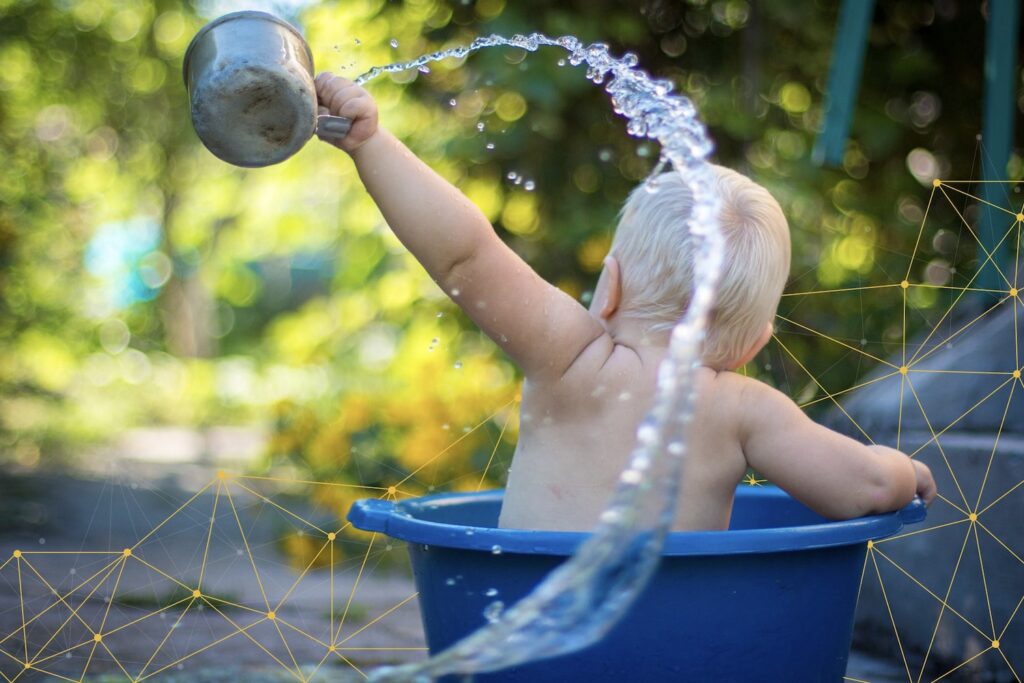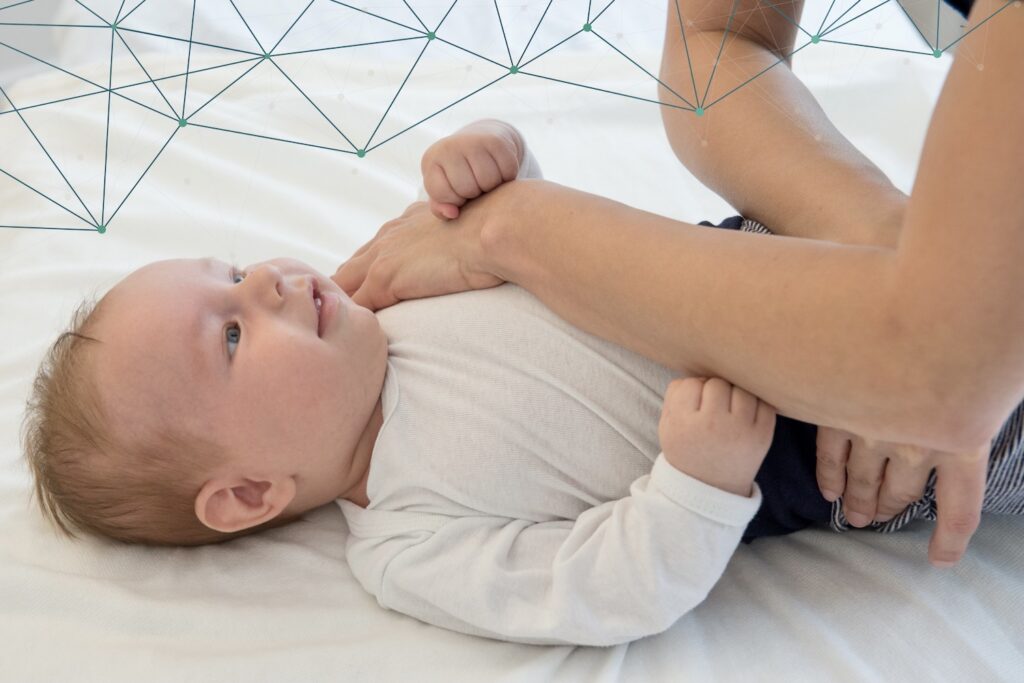Newborns & Children
Osteopathy for newborns & children
Children are no mini-adults. A child's development happens on multiple and different levels. They grow, learn to walk, talk, etc. Thanks to these complex processes, every child develops its own identity and personality.
Bodily strains and tensions occurred during birth by vacuum, forceps or caesarean or triggered by childhood accidents and falls can hinder the optimal development of a child. They can lead to general indisposition, asymmetrical development, abdominal pain, hyperextension, excessive crying without explainable reasons and other symptoms.
If not treated these tensions can still be problematic even in adulthood.
A study by Dr. Frymann from the United States has confirmed that 80% of babies do not have optimal mobility of the skull bone. These babies are trying on their own to solve the limitation of movement by crying and / or stronger sucking during nursing, but some of these infants are in need of assistance. Osteopathy solves these bio-mechanical and myofascial conflicts in a child's body through gentle and very efficient techniques.
The calm and soothing approach of Osteopathy makes it especially suitable for treating children, including newborn infants.
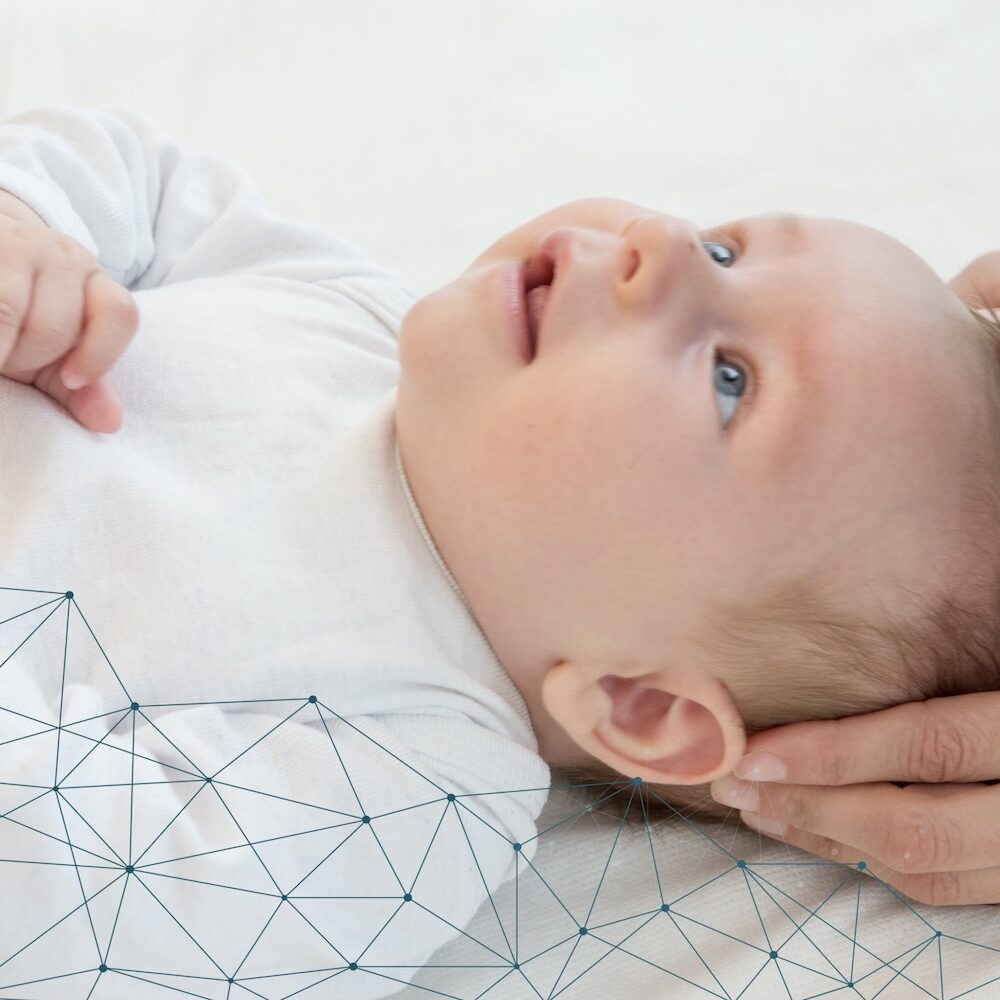
Paediatric osteopathy
Pediatric Osteopathy is a 2 year specialization within the osteopathy field. The knowledge of the normal sensory, emotional and neurological development of the child and a child's special pathology is necessary to treat children adequately.
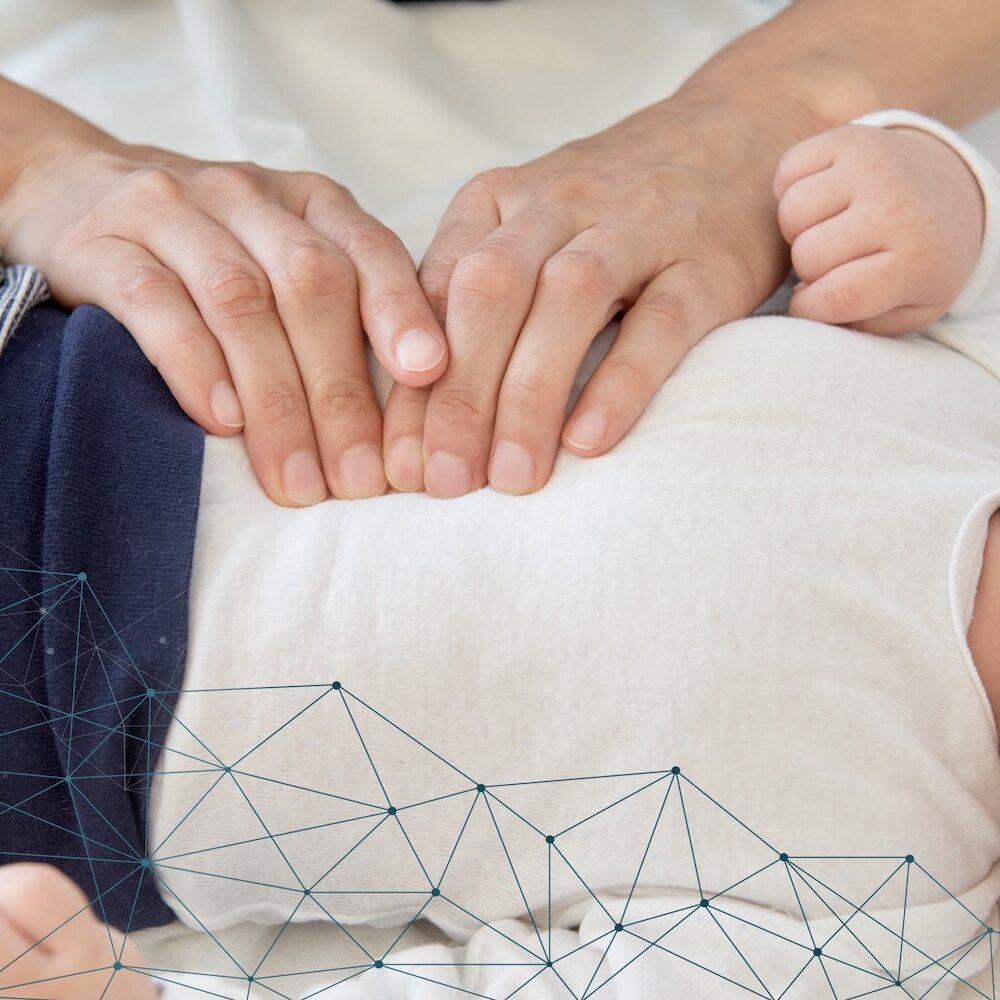
Rotational and compressive movements during birth
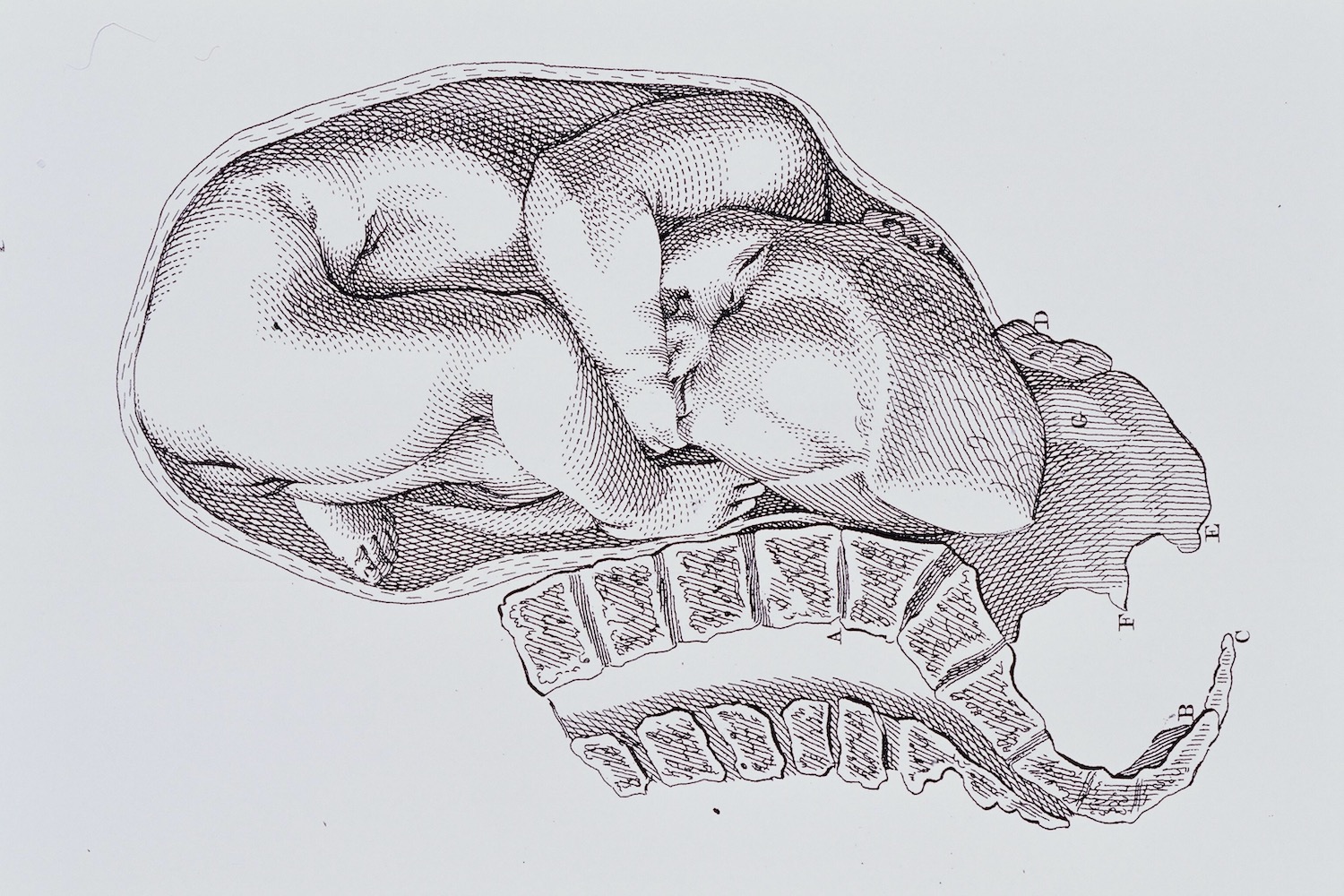
The rotational and compressive movements during birth can be the cause of deformations of the cranial bones and movement restrictions of the spine.
"Osteopathic treatment for newborns, children and pregnant women is extremely mild and safe".
Study by Van Tintelen Manuel: "Safety of osteopathy".
Indications in the baby’s development
- Problematic pregnancy or childbirth
Twins – very long or too fast birth – Breech birth position – Posterior Position (spinning baby) – Birth with vacuum, forceps, emergency cesarean section - Cry babies
- KISS Syndrom
- Asymmetry of the head
- Torticollis - preferred positions
- Asymmetric motor development
- Restrictions on freedom of movement
- Nursing problems: frequent ingestion – spit reflux
- Digestive problems
bloating – diarrhea – constipation – colic - Supportive treatment for conventional therapies
such as hip dysplasia – physiotherapy – helmet therapy
With increasing age, the baby’s cranium bones mineralize and become harder, so that occurring deformations of the head are more difficult to treat. Therefore, it is advisable to have an osteopathic check-up as early as possible (2nd to 6th week after birth). Then preventative measures, such as rearrangement and / or further exercises can be integrated into everyday life.
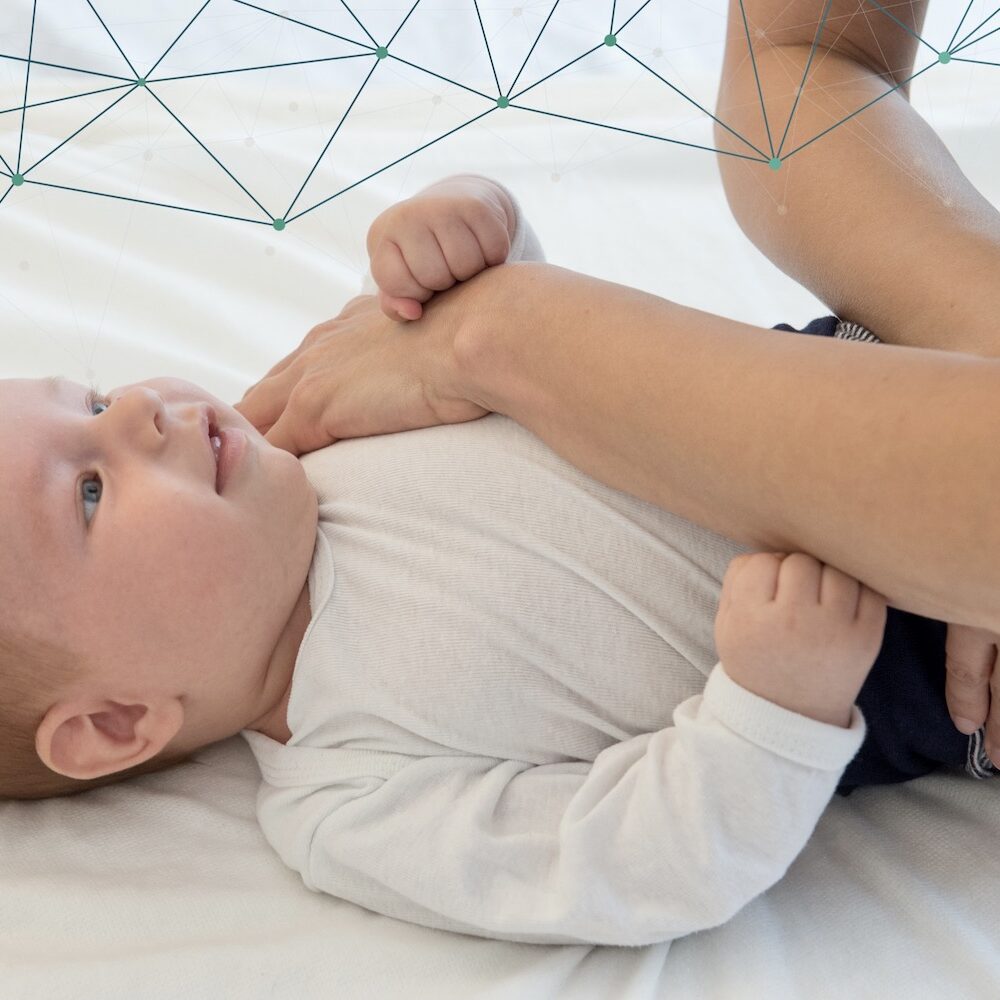
Indications during growth
- Growing pains, bad posture, scoliosis
- Supportive treatment for orthodontics (braces)
- Breathing problems, asthma
- Sleep disorders
- Speech and concentration disorders
- Recurrent middle ear infections, immunity problems
- Supportive treatment for highly affective children – ADH
Furthermore, an osteopathic treatment is advisable after a serious fall or accident. This to prevent any later occurring dysfunction - compensations that could disturb the balance of the body.

